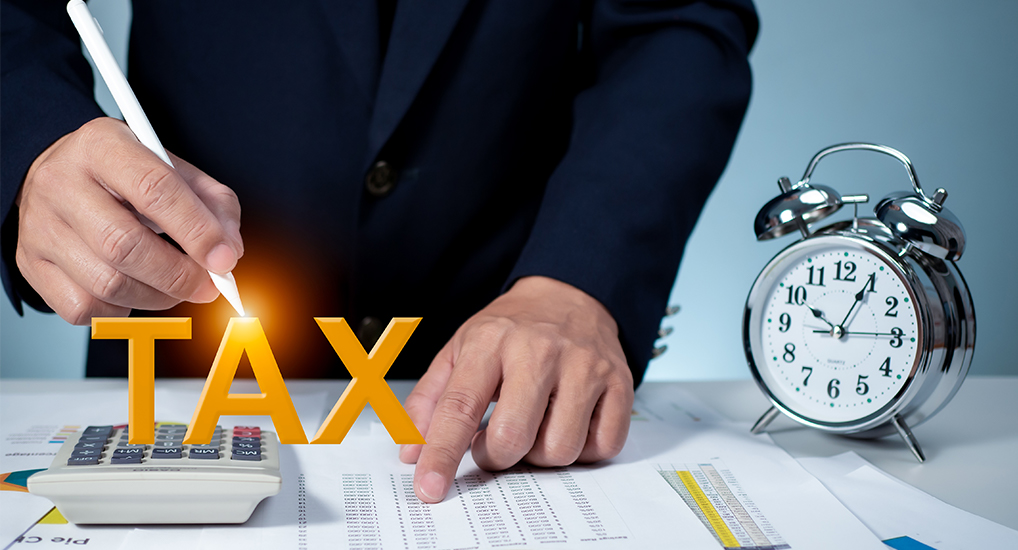How MI Accountants can Help to Complete the Self-Assessment Tax Return?
Completing of HMRC self assessment tax returns is a challenge for private taxpayers and companies alike. We have put together a list of professional help providers if you are from Mayfair or Marylebone, London. We provide self assessment tax return service with solutions that will suit you. Local Expertise in Mayfair and Marylebone: Our nearest office is on the 3rd floor of Portman House, 2 Portman Street, London, W1H 6DU which will make access easy especially when located in the prestigious areas of Mayfair and Marylebone. We have insights into the atypical financial circumstances of these neighborhoods, meaning we can deliver what and how we should. Comprehensive Tax Solutions: We take care of the self assessment tax return process right from the discussion until the filing is done by our well-trained accountants. We keep on learning and investigating the new laws and regulations concerning taxes in order to help you avoid huge losses and increase the potential of your future profits. Personalized Service: We are aware at MI Accountants that no two clients are in exactly the same circumstances. From simple tax returns to complicated personal financial situations, we can cater to your needs regardless of whether you’re an individual contractor, a property owner, or have other sophisticated financial matters. Stress-Free Process: What a better way to relieve stress than by doing taxes together. We are very detail oriented to make sure your record is kept up-to-date and you are not going to miss any deadlines and be aware of all possible problems. Our Self Assessment Tax Return Services Include: Our Self Assessment Tax Return Services Include Initial Assessment and Planning: First, we establish the customer’s financial position and collect any required paperwork. Detailed Tax Calculations: Our professionals are able to accurately calculate your tax obligation with due consideration for all permissible costs and deductions. Filing and Submission: We manage the entire process of filing your tax return; this means that we make sure that the return is filled and correctly submitted on time. Ongoing Support: Think we missed something? Have a complaint? Our staffs are willing to assist and give advice even during summer breaks. Get in Touch Are you interested in making your self employment tax return easy? We are here today to help you with the scheduling of the consultation. Contact us via email: info@miaccountants or call 020 3982 5031. Our consultants are available at Portman House, 3rd Floor, 2 Portman Street, London, W1H 6DU for consultations. MI Accountants is a company offering self assessment tax return in Mayfair and Marylebone, London. Conclusion Looking after your self assessment tax return is not always an unpleasantly challenging task. MI Accountants provide the clients in Mayfair and Marylebone with the qualitative consultants and services suited to their individual needs. Call us today to make sure you are in safe hands when dealing with your tax.
How MI Accountants can Help to Complete the Self-Assessment Tax Return? Read More »





